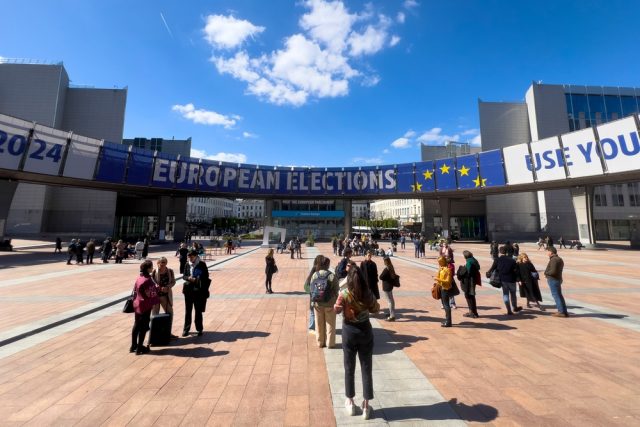
On 8 and 9 June 2024, around 365 million people will go to the polls. The use of political advertising, whether offline or online, will therefore be crucial to the final outcome, as it can swing millions of votes from one side to the other, depending on how it is used. The medium that has become favoured is social media, which makes it easy to reach a very large number of people at relatively low cost. However, the very ease with which social media can be used poses a huge risk of possible manipulation of readers’ opinions. In fact, it is all based on the collection and use of users’ personal data: every server collects the personal data of the people who access it. Data that is then collected and used to identify the user’s preferences, possible or actual, lifestyle, interests. This is already happening on a large scale in the commercial sector, through the strategy of micro-targeting, where consumers’ data is used to display commercial offers on devices that are close to their interests. Of course, potential scammers can also acquire personal data to deceive users, using emotional manipulation and misinformation.
Manipulation of young people
This can also happen in political advertising. Micro-targeting can even create “echo chambers” where the user is only exposed to one type of news, completely changing his or her perception of the public debate. For these reasons, direct EU intervention has been necessary to limit the damage of possible misinformation. In 2020, for example, the European Commission required online platforms with more than 45 million monthly users to take certain measures against disinformation, while at the same time being more transparent about how their algorithms work and what content they choose to show users. However, it has been found that many platforms are still not providing enough information on this issue. This is a very relevant issue for Europe, with so many young voters going to the polls on 8 and 9 June. In 2019, the year of the last European elections, the role of social media was crucial and the participation of young people in the vote was significant. It should also be noted that in some countries the right to vote is granted from the age of 16 (Austria, Belgium, Germany and Malta) and 17 (Greece). Tik Tok is one of the most used platforms by young people and therefore one of the most influential. Fears of foreign, particularly Chinese, influence are therefore high: in recent months, the Commission and the Parliament have called for the app not to be used on personal mobile phones, while investigations into the protection of minors are underway.
European action to defend freedom of information
The European Parliament therefore adopted a new regulation on political advertising last February. The aim is to give citizens as much information as possible, such as why they are being targeted by the advertising. It also aims to combat the excesses of micro-targeting, for example by stipulating that certain personal data cannot be used, such as ethnicity, sexual orientation or religion, or that minors cannot receive political advertising. Another piece of legislation that will allow for greater protection on social media than in the past is the AI Act, a regulation that attempts to limit the risks associated with artificial intelligence by introducing transparency requirements that must be met. For example, major online platforms will have to provide tools to detect the authenticity of messages. In short, the intention is to ensure that users are provided with accurate information. However, many of the regulations adopted by the European Union (such as the AI law) will not come into force until after the June vote, and the risk of manipulation, including foreign manipulation, in the next round of elections remains high.



 Subscribe
Subscribe